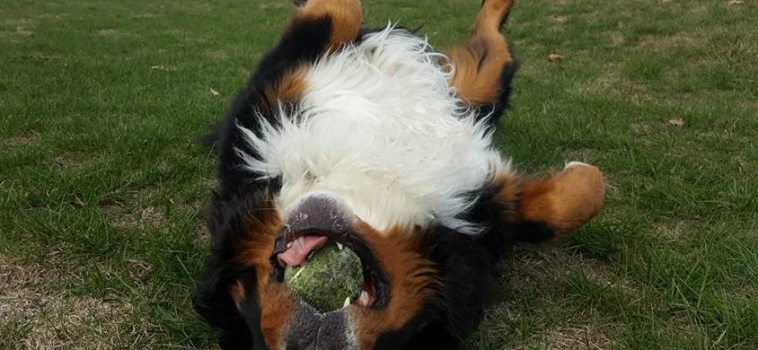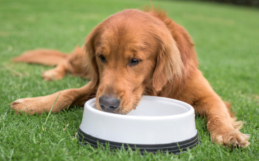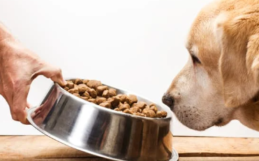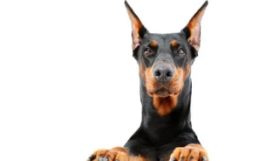Admiring those pearly whites? Dental care isn’t just for humans, but for our pets too. February is Pet Dental Health month, and we wanted to shed some light on why our pets need our help with their oral hygiene.
- Bad Breath
Dog breath will never be minty fresh, but it shouldn’t be so bad as to make you leave the room or even want to gag. Bad breath can be an indicator of other serious health issues, so we always want to pay attention to the odor. With regular cleaning, you can avoid stinky breath as you remove the bacteria that has built up by brushing. If you don’t clean your dog’s teeth regularly, all the food that is left on their teeth will be turned into plaque – which is basically layers and layers of bacterial concrete. - Tooth loss
Tooth loss can be caused by gingivitis and bone loss. If you don’t know, the plaque that accumulates on our teeth is full of bacteria, which can lead to things like inflammation, gum infections, and bone loss along the roots of the teeth. When all of this happens, teeth may need to be pulled. - Periodontal Disease
Periodontal disease happens five times more often in dogs than humans. It is when the inflammation in the mouth affects teeth supporting structures, such as gums, roots, bone around the roots or the periodontal ligaments. The most serious part of gum disease is it can cause more problems than just tooth pain. Dogs with periodontal disease are at a higher risk for heart, kidney and liver disease. This is because bacteria that causes the plaque to form can enter the bloodstream and once it does, can spread to different organs. - Pain
If you’ve ever had a dental problem, you know the pain is no joke. All the problems listed above are painful. Dogs can be stoic and may not let you know that their mouth is bothering them, but here are a few indicators of what to look for:
-bad breath
-loose teeth
-inflamed gums
-bleeding gums
-drooling
-lack of interest in eating/drinking
-not tugging as hard on toys
-rubbing their faces
All these factors can be avoided with the simple daily task of brushing your dog’s teeth. It may seem like a chore and neither of you may enjoy it, but your dog’s health will thank you. Start when they are young and take it slow at first to get your pup used to it. Make sure they are in a good mood when you do the brushing so that you don’t place a negative tone to teeth cleaning. Once you both get used to it, it is a quick and easy task that will just become routine.





